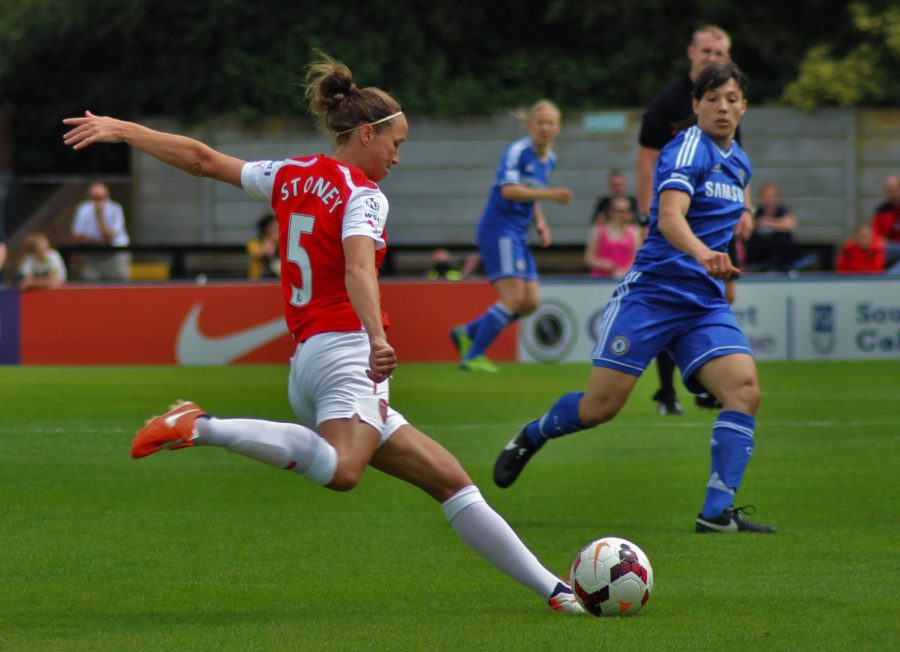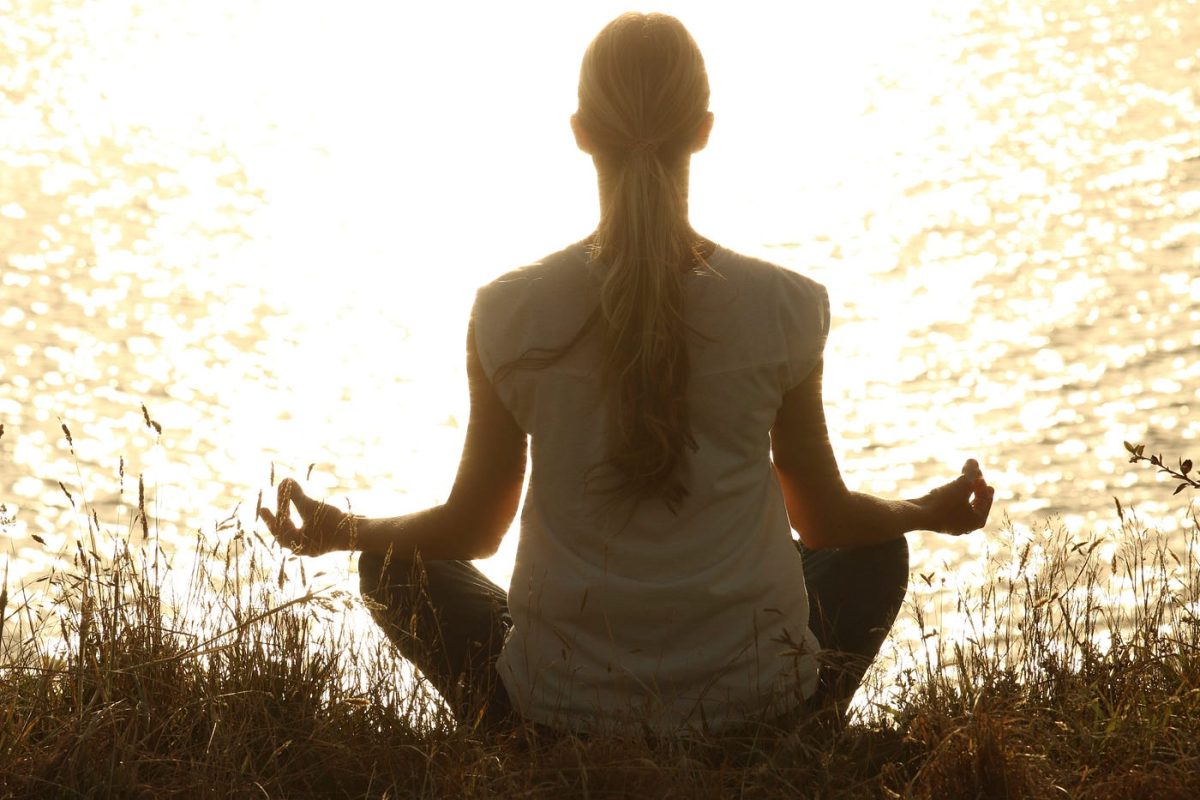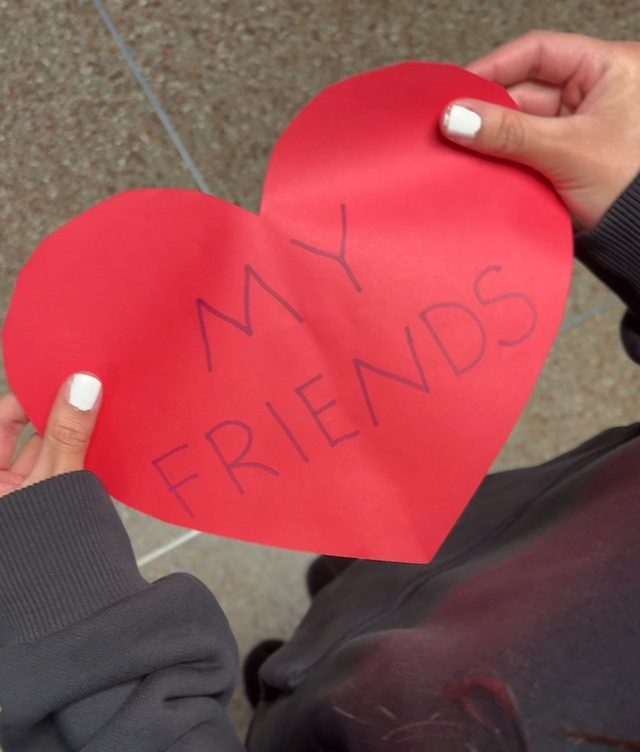I have heard every type of stereotype in the book as a female athlete who has been playing softball for over ten years. Both gender and sport combine to make seemingly good material for jokes at the expense of female athletes everywhere. Why?
Imagine a young girl stepping onto a field or court for the first time excited to just try a new sport. Adrenaline is rushing. A smile is on her face. Imagine that same girl some years later still playing that game that she loves. But this time around, her own friends are making jokes because of her one true love: sports. Softball players are normally gay you know. Ok, but I am not. You’re a catcher too? That definitely means you are. Ok, but I am not. Why are we as a society continuously shoving these notions in the faces of our athletes?
mental impact on athletes
Personally, these comments don’t affect me too much. I find these “jokes” annoying in the moment but I am confident enough in my own sexuality to not let it bother me. However, some athletes take these jabs seriously. Casey Stoney was the England Football Captain and Arsenal defender. Stoney is a lesbian but felt uncomfortable coming out publicly out of fear of perpetuating this notion that female athletes are gay and facing its possible negative repercussions. She added that she “never hid it within football circles because it is accepted, but to the outside world, I’ve never spoken about my sexuality.”
One of the worst comments that I have ever heard was made about a female basketball player. Someone that I know had said, “Do you see how big her thighs are? She looks like a man when she plays.” As a female athlete, I internalized this comment that wasn’t even made about me. I have an athletic body type similar to the female basketball player’s. This hurt my self-confidence. Did I look like a man when I played softball? Were my legs too big? Athletes are always under immense pressure to be muscular and in shape to get the best results when playing. It’s difficult to maintain this dainty and feminine persona to please society when to please the athletic world you must be muscular and masculine. Female athletes face one of the worst double-edged swords imaginable. You must be straight if you look small and feminine. You must be lesbian if you are strong and muscular.
alternate opinions
American tennis player Martina Navratilova is also a lesbian athlete. She believes that women’s sexuality in sports is a taboo subject as well, because “there is a kind of reverse homophobia with women because they have to almost prove they are straight.” Why are we pestering athletes so much about their sexuality? Would we dare ask Aaron Judge or Tom Brady what sexuality they are? Or is it only justifiable to ask female athletes these types of questions?
The Women’s Sport and Fitness Foundation conducted a study in 2008. It reported that “Some girls avoid certain sports for fear of being perceived as unfeminine or lesbian; some parents discourage their daughters from taking up sport; some lesbian athletes avoid going public about their sexuality in case they experience prejudice from other athletes and coaches, or lose public support or sponsorship.”
Consequently, men also face these stereotypes when playing sports society considers being “too feminine.” Men that participate in cheerleading or gymnastics often face the same discriminations that female athletes face. They’re considered to be gay because they are involved in a female-dominated sport.
the solution
The best solution to this issue is to let athletes just play their sport. An athlete’s sexuality is in no way related to their sport and performance. If you are lesbian and play a sport, great. If you are straight and play a sport, great. Let’s finally leave athletes alone and let them play.













